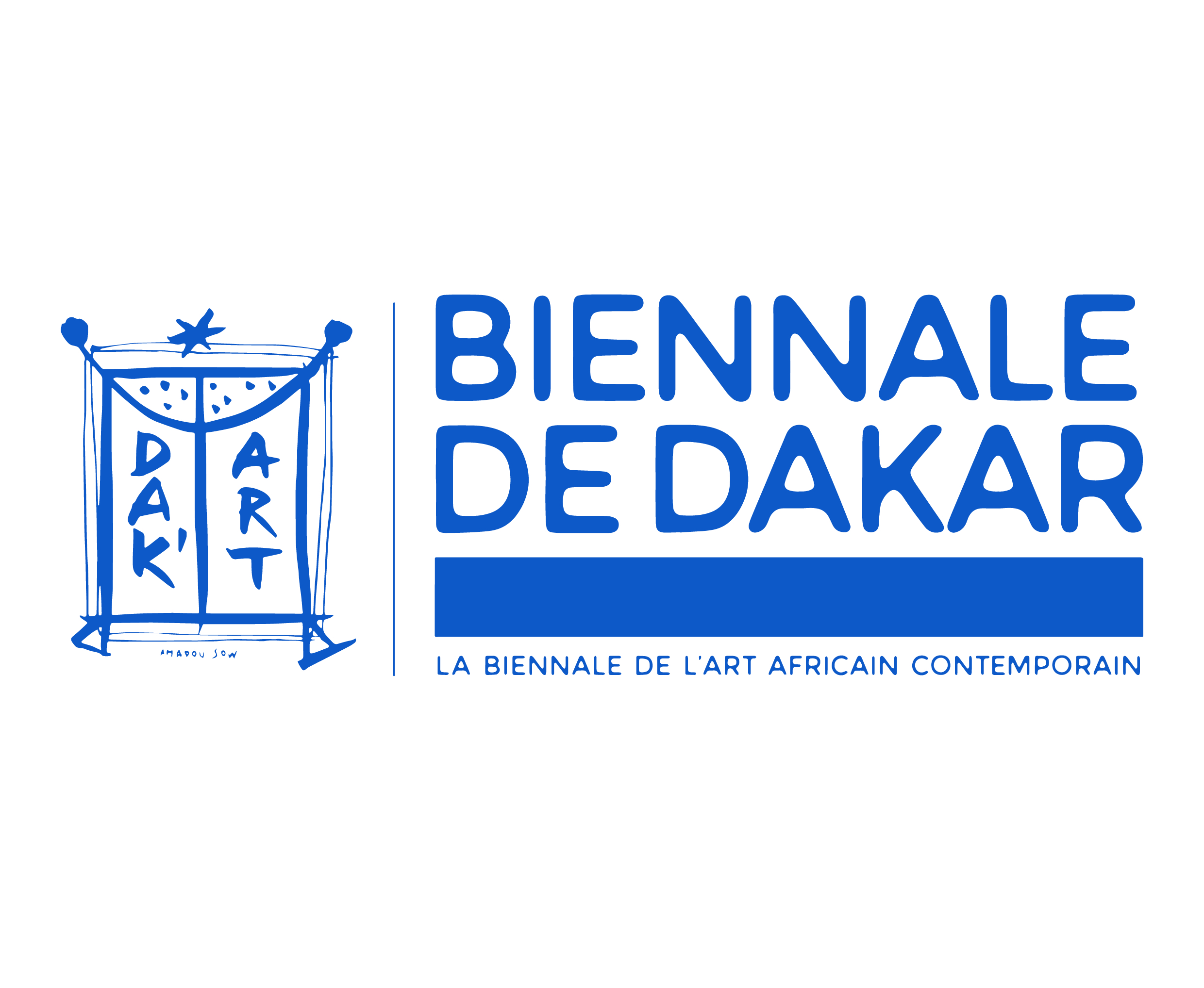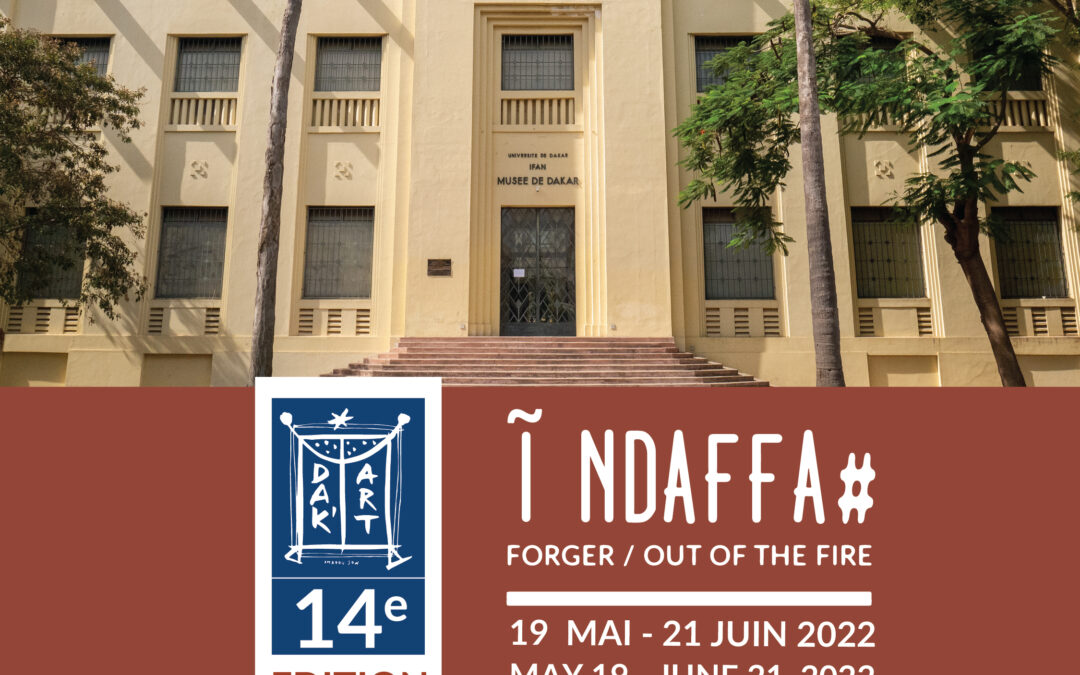THEODORE MONOD MUSEUM, A LABORATORY OF NEW IMAGINARIES
It is a highly meaningful curatorial project. In its proposal, Teg Bët Gëstu Gi stimulates the metamorphic life of objects. The museum, a rhizomatic and living organism, asserts its transformative potential, its contribution to metamorphosis, metabolism, new potentialities. A space for the production of forms, knowledge, new imaginaries, speculations for the future – which re-interrogates its history, methods, sceneries, uses, role within the city – it brings out unheard of proposals inviting us to reflect on the future of communities. Cultivating vitalities and encounters, it focuses attention on births. Teg bët gëstu gi – means is the wolof for seeing – or setting eyes on – research. Made during residencies for the most part, the works of guest contemporary artists (Hervé Youmbi, Ibrahima Thiam, Uriel Orlow, Alioune Diouf, Patrick Bernier/Olive Martin/Ousmane Ka, Vincent Meessen, François Knoetze, Mamadou Khouma Gueye) combine with the historical collections of the Cheikh Anta Diop University of Dakar Fundamental Institute of Black Africa Theodore Monod Museum of African Art. Bordering on several worlds, histories and conflicts, these sensitive collections are now the gist of renewed historical research and provoke complex debates, particularly related to their colonial past; they become cultural magnets around which narratives are reconfigured. With their forms, aesthetics, devices, the contemporary works of the exhibition contribute in testifying to sub-Saharan Africa’s cultural and artistic richness, challenge our relationship to sometimes fragile, but still alive and changing, African heritages. Through processes of investigation, hybridization, connections, circulation, contamination, overlapping, interdependences, speculations, inseparations, tensions, frictions, they generate a series of questions within the museum space or in the park. Installations, sculptures, videos, embroideries, photographs converse with objects and archives, reconsider ancient (botanical, medical, handicraft, aesthetic, linguistic, spiritual, mathematical,…) knowledge, unveil the manifestation of the force these objects conceal without locking them in an Afrocentric past, but by showing the crisscrossing and common fate between Africa and the world: African issues refer to global issues.

